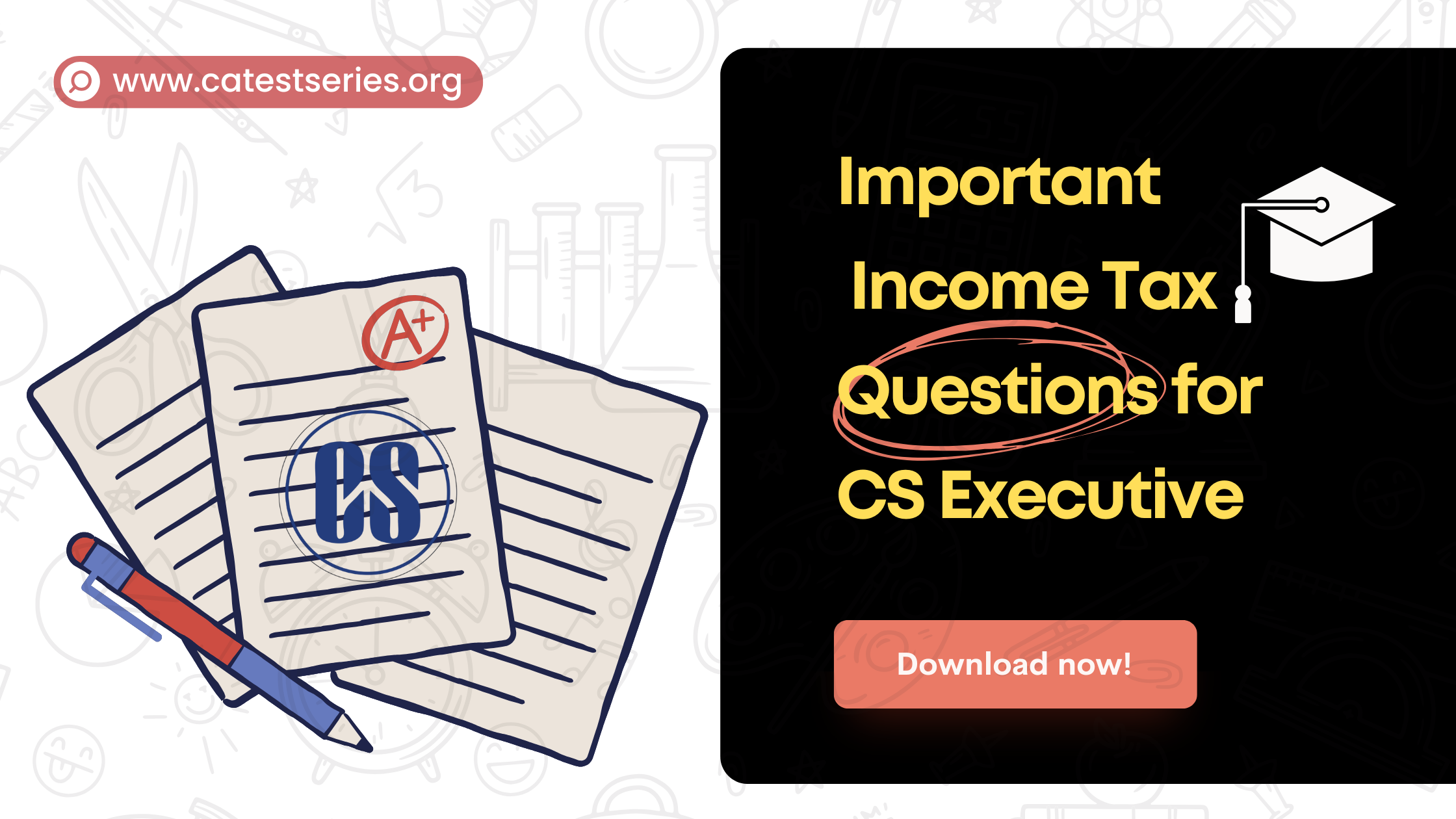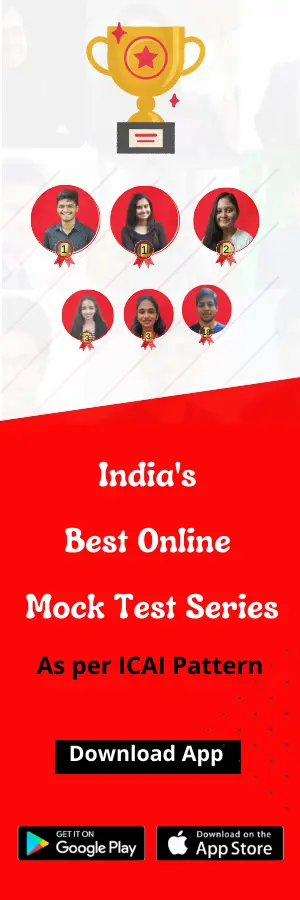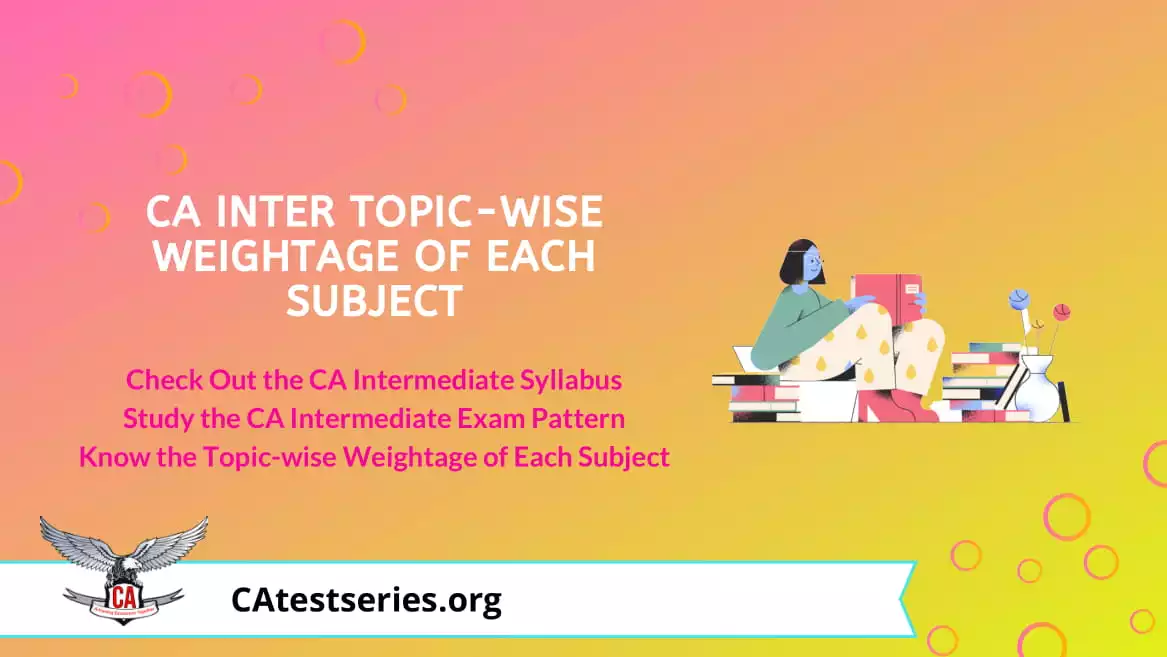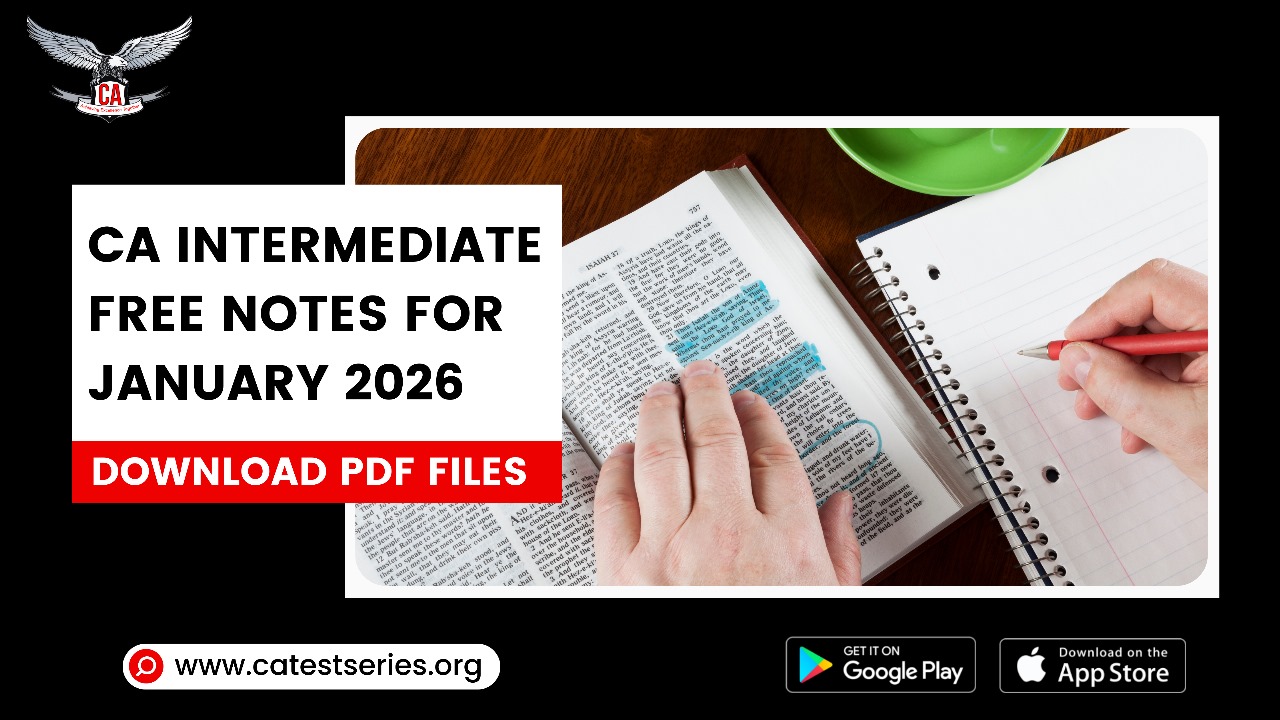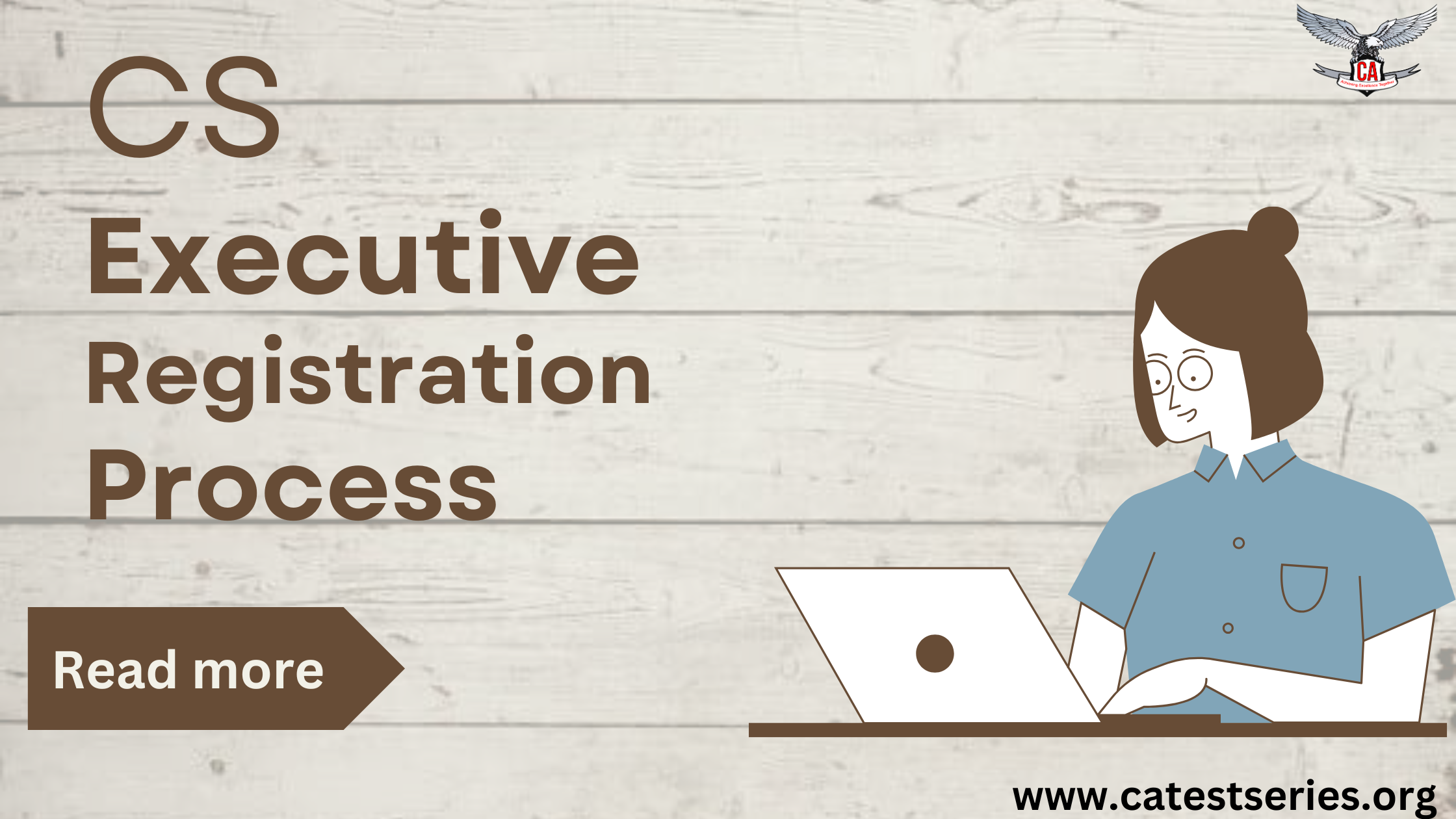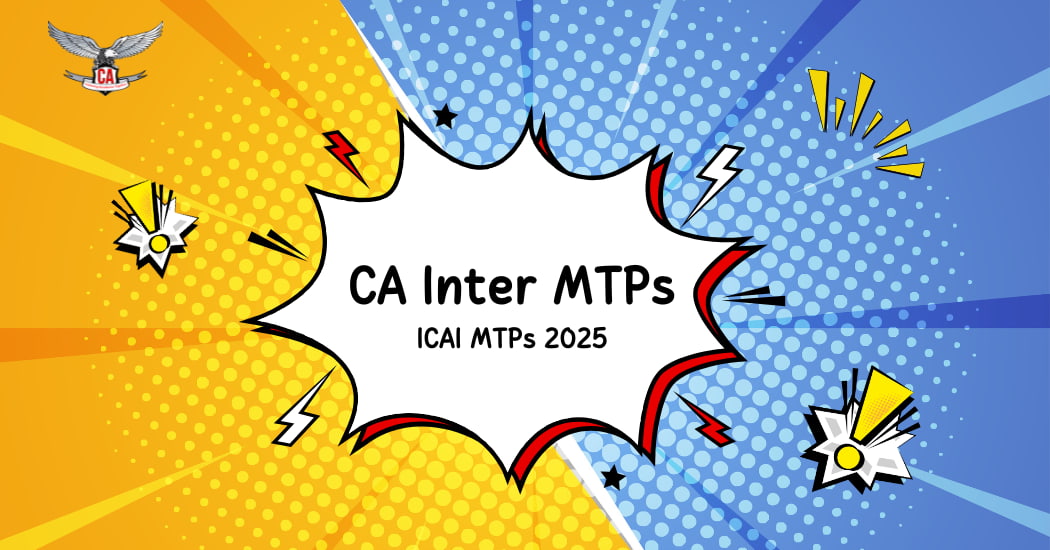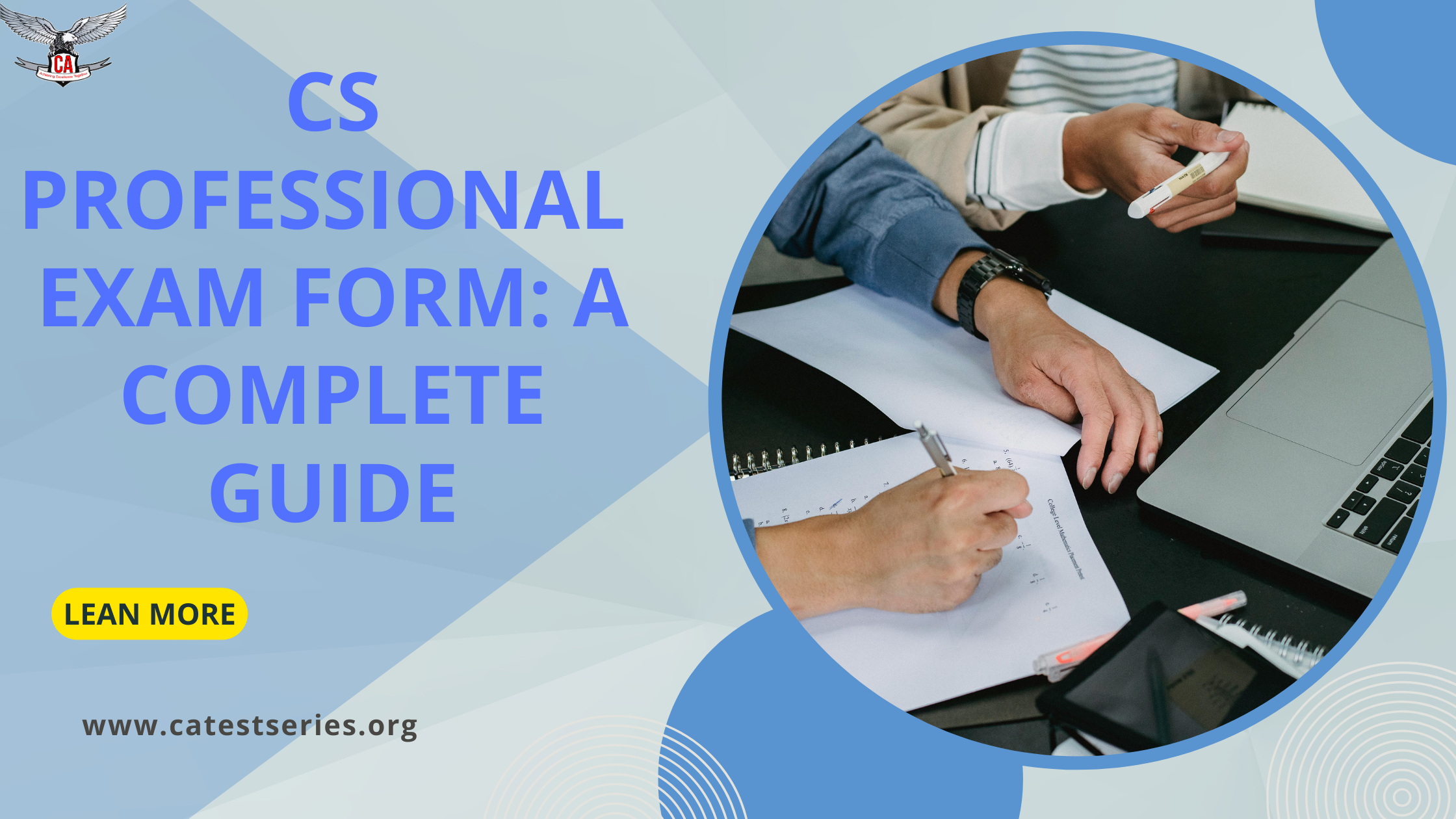CS executive Income Tax Important Questions for ICSI 2025 Exams
Important Income Tax Questions for CS Executive
As a CS Executive, questions about income tax may become part of your daily work, whether you discuss personal tax concerns or manage tax issues related to clients. You can be familiar with terms like exemptions, deductions, and tax rates, but how well can you navigate intricate income tax scenarios? You must understand key income tax concepts to support your clients or excel in your roles. It concerns some crucial questions regarding income tax that every CS Executives should know how to handle taxation confidently.
1. What are the Latest Income Tax Rates and Slabs?
- Current Income Tax Rates and Slabs- This is one of the most common queries in the context of income tax. It is important for CA students to learn the current income tax rates and updates in tax laws. For example, in the case of India, an individual taxpayer has two choices: one is the old regime offering exemptions and deductions, and another is the new regime with reduced tax rates but without any exemption. So, a quick look at the tax rates under both regimes for individuals below 60 years.
- Old Tax Regime- Allows for exemptions and deductions such as HRA, Section 80C deductions, etc.
- New tax regime- It has lower tax rates but no exemptions or deductions. Understanding these rates and where your client financial situation most benefits is the core of offering effective tax planning advice.
2. How would deductions under section 80C help reduce the burden of taxes?
Among the most popular sections of the Income Tax Act for a taxpayer, Section 80C offers many avenues for a reduction in tax liability. It further shows a list of various deductions on investments:
● Public Provident Fund (PPF)
● Life Insurance Premiums
● National Savings Certificates (NSC)
● Equity-Linked Savings Schemes (ELSS)
Five-Year Fixed Deposit in Banks Taxpayers can claim up to ₹1.5 lakh amount covered under Section 80C which is a significant deduction for reducing taxable income. Thus, the CS executive must know about investment options available under Section 80C and how they can suit their client goals and risk levels.
3. What is the Difference between Exemptions and Deductions?
It is common to confuse exemptions with deductions, but they are distinct terms in income tax:
- Exemptions: Those kinds of income that are excluded from overall income for tax purposes, such as house rent allowances for working classmen. It is important to note that exemptions are given in relation to some categories of income.
- Deductions: Subtractions from gross income which decrease the taxable income figure. Some examples of lawful deductions include home loan interest, tuition fees and pension contributions.
This knowledge assists the preparer in correctly estimating the amount of taxes owed as well as offering suggestions on ways in which certain client could reduce their tax responsibility.
4. What are a few other sections for Tax Saving except from 80C?
Apart from Section 80C, there are other sections in the Income Tax Act where several deductions that can be beneficial to clients are provided. Some notable sections include:
- Section 80D: Insurance premium deductions
- Section 80E: Exemptions related to interest paid for education loans
- Section 80G: Exemptions based on the amount paid for charitable organizations
- Section 80TTA: Losses on interest earned on savings account for individual taxpayers
Every section has a specific function, and therefore, as a CS Executive, it would be beneficial to know at what time each of the deductions can be made. These sections help you to communicate with clients regarding the presented list of opportunities for tax savings necessary to solve their problems.
5. How Does Residential Status Affect Tax Liability?
Residency determines an individual tax liability in India. Under the Indian Income Tax Act, there are many categories for specific durations of stay in India:
- Resident: Treated based on income worldwide
- Non-resident: Treated based on income, either earned or received from within India.
- Non-resident yet also RNOR: confined only to the income within India but, in some situations, to worldwide incomes
It is only when the residential status of a client is known that a correct estimate of tax liability can be obtained, more so for those clients with foreign income or expatriates working in India.
6. How Is Income from House Property Taxed?
Income from house property is an important topic and can affect tax liability in various ways. Taxability on house property income depends upon whether the property is self-occupied, rented, or deemed let out. Key factors include- Standard Deduction of 30% on NAV Interest Deduction On home loan interest for self-occupied properties and interest deduction up to ₹ two lahks. Tax Planning Strategically guiding clients to make the best of tax savings benefits from property investments can make a tremendous difference in their planning.
7. What is Advance Tax, and who is Liable to Pay It?
Advance tax is a method of tax payment for those entities whose tax liability becomes more than ₹10,000 per year after TDS adjustments. It is paid in instalments over the year instead of at the close of the financial year, as expected from most deductions.
This type includes self-employed people, independent contractors, and companies, and payment should be made on time to avoid extra charges. A person needs to understand when to file advance tax to pass timely reminders to clients and precise calculations.
8. Capital gains tax–what does it mean?
Interest income tax is based on the gains from owning and selling properties, bonds, and stocks. These gains can be either of short-term or long-term, with different tax rates and exemptions applicable to each:
● Short-Term Capital Gains (STCG): Inventory, land and building, furniture and fixtures, vehicles and machinery, capital work in progress, capital stocks and mutual funds in stock are sold and covered under STCG if the asset has been held for less than 36 months; however, in the case of stocks and mutual funds, the holding period should be less than 12 months.
● Long-Term Capital Gains (LTCG): Organizations that hold assets for over 36 months in their operations. The tax on LTCG frequently comes with indexation benefits; this means that the price at which an asset was purchased is adjusted for inflation.
9. What is the Importance of Filing Income Tax Returns on Time?
The legal necessity of filing an ITR to provide details to the IT department cannot be overemphasized, and the financial advantages of doing it on time cannot be underemphasized either. The consequences of late filing include fines, the inability to claim refunds for excess amounts paid to the government in tax, and, in some cases, the loss of the ability to offset tax losses to the next tax year. Informing clients of relevant deadlines also enhances professionalism by reminding them of benefits they can lose, such as easy loan approvals and refunds.
10. What is Double Taxation, and How Does DTAA Help?
DTAA is an agreement India has with other countries to avoid taxing income earned in both countries. This agreement particularly applies when a person earns income in a foreign country or an individual from another country works in India. It is important to learn how to deal with DTAA clauses because it serves clients interests with overseas income streams to ensure they do not overpay taxes and, where applicable, qualify for relief.
Final Thoughts
Knowing those income tax questions can help you significantly in your position as a CS Executive. Everything from simple taxation slabs to complicated issues like DTAA – understanding what to ask and how to respond makes a difference when addressing clients needs and avoiding compliance issues. Clients rely on you for accuracy, clarity, and direction; proficiency in these rudiments helps one become a reliable authority. To gain a more in-depth understanding, develop the habit of reading articles on existing tax reforms, case laws, and Tax workshops to be ahead in your career. Remember that the more questions you know the answer to, the closer you will be to helping your clients find the information they need in their times of need.

